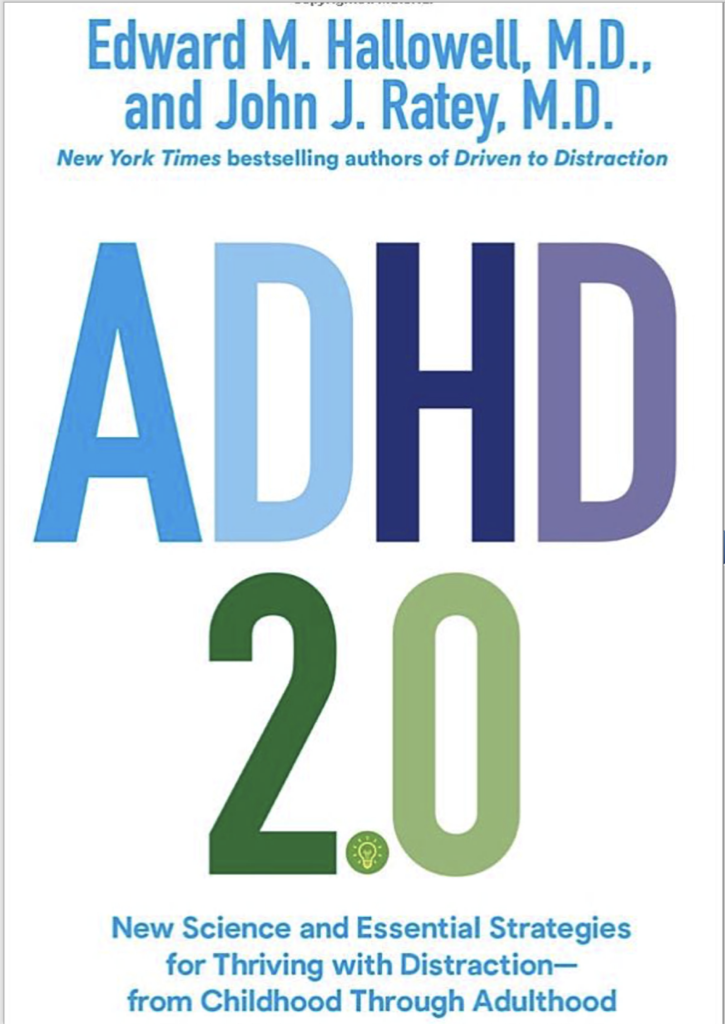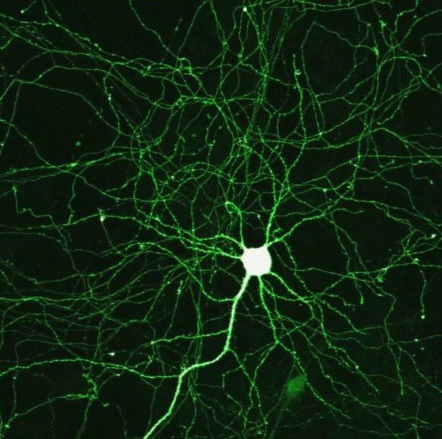ADHD and its Functional Twin: VAST (Variable Attention Stimulus Trait)
For many years, I thought of “ADHD” and “ADD” as dysfunctional conditions with which other people struggled, not me. Discussion of these conditions brought back vivid grade school memories of several bright and energetic boys struggling to sit still in their desks for seven hours, while nuns scolded and belittled them. I was fully aware of the social stigma that came with a diagnosis of ADHD. At the same time, I have long been aware that many successful people have been diagnosed with ADHD. I’ve long been convinced that, to some degree, their ADHD traits fueled their success.
Before my divorce in 2014, my wife Anne (in our 18th year of marriage) accused me needing treatment “because of ADHD,” explaining that I was “ruining the marriage.” She had been reading a website called ADHD and Marriage. She insisted that I should see a doctor to get medication for my “problem.” She told me that I was a bad listener. She told me these things repeatedly. It didn’t help that these concerns were hurled at me, not gently broached, but I now understand her frustration better.
An ADHD diagnosis also seemed ridiculous because I had never before been told I exhibited ADHD symptoms. No other human being ever raised a concern about ADHD until Anne proclaimed her diagnosis in black and white. Nor did any instances of ADHD seem apparent in any of my close relatives.
I resented these sole-cause accusations because I saw our marriage to be much more complex than that and far more nuanced. Also, I liked who I was and saw myself as high functioning. I have always been upbeat. I enjoy many activities and I’m fairly good various things, including my legal career, writing and composing music. Also (as I reminded my wife), I was capable of sitting in front of a computer screen for twelve hours per day writing complex appellate briefs. I have received awards for my brief writing. Fellow lawyers (and opposing lawyers) have often expressed that they like working with me. On a regular basis, more than a few of my friends tell me that I am an extremely attentive listener.
After the divorce in 2014, I became increasingly intrigued about ADHD. I started reading various articles and books about ADHD. From this informal research, I became convinced that many of the qualities associated with the ADHD mind are things that describe me well. In December, 2020, Anne died suddenly causing me to do a lot of thinking about a lot of things, including our marriage, including the role ADHD might have played in our struggles over the last few years of our marriage.
More icing on the cake: a counselor has gotten to know me well over the past few months. He recently blurted out: “You are ADHD from top to bottom.” Hmmm. That I am indisputably high-functioning (unlike many people who receive the diagnosis) doesn’t rule out ADHD, but it explains why I pushed back when a diagnosis was hurled at me. I’ve thought further about my ability to writing for many hours at a stretch? After the divorce learned that hyper-focusing is something that some people with ADHD diagnoses do well.
The above paragraphs are a bit awkward for me to re-read because my purpose is here is not to tout my accomplishments. It is not my purpose to drag my marital struggles into the public, post-mortem. My purpose is to show the reasons for my initial confusion and to set the stage to explain something fascinating I’ve recently learned about my way of processing the world. Perhaps my journey might help others. [More . . . ]



